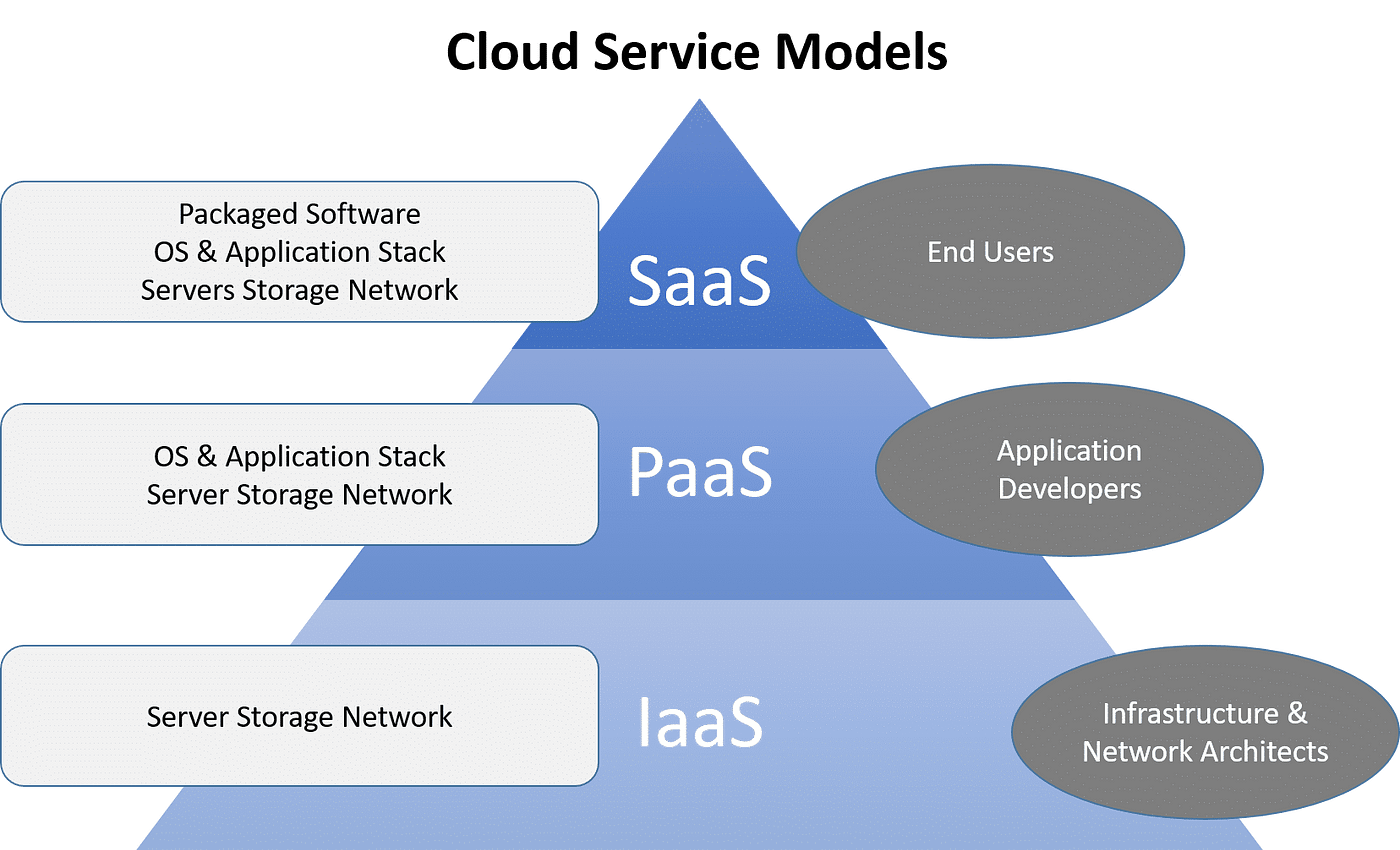Boost Your Online Visibility with LinkDaddy Cloud Services
Boost Your Online Visibility with LinkDaddy Cloud Services
Blog Article
Harnessing the Prospective of Cloud Providers for One-upmanship out there

Benefits of Cloud Services

Cost-efficiency is one more significant advantage of cloud services, as firms can prevent big ahead of time investments in hardware and software application. In general, the benefits of flexibility, cost-efficiency, and scalability make cloud services an important possession for business seeking an affordable edge in today's vibrant market landscape.
Cloud Migration Techniques
Cloud migration needs careful planning and smooth execution to make sure a smooth change of digital properties to cloud-based settings. One usual approach is the "Raise and Change" technique, where existing systems are relocated to the cloud without substantial modifications.
Conversely, the "Replatforming" approach involves making minor modifications to applications to enhance their performance in the cloud atmosphere. This method strikes an equilibrium in between speed and optimization, allowing organizations to benefit from cloud capabilities while reducing disturbances.
For more facility systems, the "Refactoring" method, also referred to as "rearchitecting," involves upgrading applications to be cloud-native. While this method requires even more time and resources, it can take full advantage of the advantages of scalability, flexibility, and cost-efficiency that cloud platforms use.
Ultimately, selecting the best cloud migration method depends on variables such as the company's goals, budget, timeline, and technological demands. By thoroughly examining these considerations, businesses can successfully shift to the cloud and obtain an one-upmanship in the market.
Enhancing Data Safety And Security Procedures
After executing cloud migration techniques, companies need to focus on boosting information safety measures to guard their electronic possessions effectively. Information protection is critical in the digital age, particularly when leveraging cloud services that involve transmitting and keeping sensitive information. To strengthen information security, organizations must think about executing encryption methods to secure information both at remainder and in transit. File encryption makes certain that also if unauthorized parties access the information, it stays unintelligible and pointless. In addition, carrying out multi-factor verification includes an added layer of protection by calling for individuals to supply numerous types of confirmation before accessing delicate information.
Regular protection audits and susceptability assessments are necessary to identify and deal with any type of powerlessness in the information security infrastructure promptly. Educating employees on finest practices for information security and applying stringent gain access to controls can likewise reduce the risk of interior data breaches. By buying robust data safety and security steps, organizations can infuse trust fund among their consumers and stakeholders, ultimately getting an affordable edge out there.
Leveraging Cloud for Scalability
Carrying out cloud services allows organizations to dynamically change sources according to require, improving scalability and enhancing operational effectiveness. Scalability in the cloud context refers to the ability to quickly and quickly rise or decrease sources as needed, offering companies with the flexibility to meet altering requirements.
Additionally, leveraging cloud scalability makes it possible for organizations to respond immediately to market variations, seasonal needs, or unforeseen growth, making certain undisturbed solution delivery without sustaining unneeded costs. By scaling resources up or down in real-time, organizations can preserve ideal performance levels while managing expenditures. Moreover, scalable cloud solutions equip business to introduce swiftly, deploy brand-new applications successfully, and adjust to progressing company demands with agility. On the whole, embracing cloud scalability is a strategic action that fosters competitiveness and placements businesses for lasting growth in today's vibrant market landscape.

Implementing Cloud-Based Cooperation
Cooperation in modern service atmospheres has actually undertaken a significant transformation with the assimilation of cloud-based technologies. Cloud-based collaboration tools have changed the method teams function with each other, offering real-time interaction, file sharing, and job monitoring capabilities no matter physical location. By carrying out cloud-based cooperation solutions, companies can improve productivity, increase effectiveness, and enhance process.
One of the key advantages of cloud-based partnership is its capability to damage down communication barriers among group members. With attributes like instant messaging, video conferencing, and online whiteboards, employees can team up perfectly and remain linked regardless of where they are located. In addition, cloud-based cooperation tools promote simple accessibility to shared resources and documents, allowing team members to collaborate on tasks in a simultaneous way.
In addition, cloud-based cooperation advertises adaptability and agility within companies by allowing remote job and cultivating cross-functional team effort. Workers can collaborate in real-time, share responses promptly, and make decisions jointly, resulting in quicker better and analytical advancement. Generally, applying cloud-based collaboration is vital for modern-day organizations wanting to stay competitive in today's interconnected and busy market landscape.
Final Thought
In final thought, the usage of cloud services provides various benefits for companies seeking a competitive edge in the market. By carrying out cloud movement methods, boosting information security steps, leveraging scalability, and using cloud-based cooperation, businesses can boost performance, minimize costs, and remain in advance of the competition. Embracing the potential of cloud solutions is important for companies seeking to prosper in today's quickly evolving organization landscape.
The capacity to harness the potential of cloud solutions uses companies numerous benefits, from boosted dexterity and scalability to improved partnership and information safety and security. As companies navigate the complexities of cloud movement and explore cutting-edge means to take advantage of cloud innovation, the question arises: How can businesses effectively make use of cloud services to not only keep up with but also exceed their rivals in the vibrant market?
Furthermore, the versatility provided by cloud solutions permits organizations to gain access to information and applications from anywhere, promoting remote work and collaboration among groups located in different geographical places. - Cloud Services
By implementing cloud migration techniques, boosting data protection measures, leveraging scalability, Cloud Services and making use of cloud-based collaboration, businesses can improve performance, lower expenses, and remain in advance of the competition. Embracing the potential of cloud solutions is crucial for organizations looking to succeed in today's rapidly evolving company landscape.
Report this page